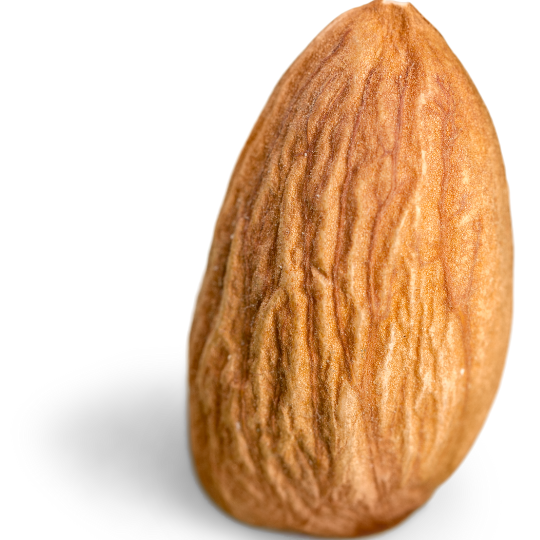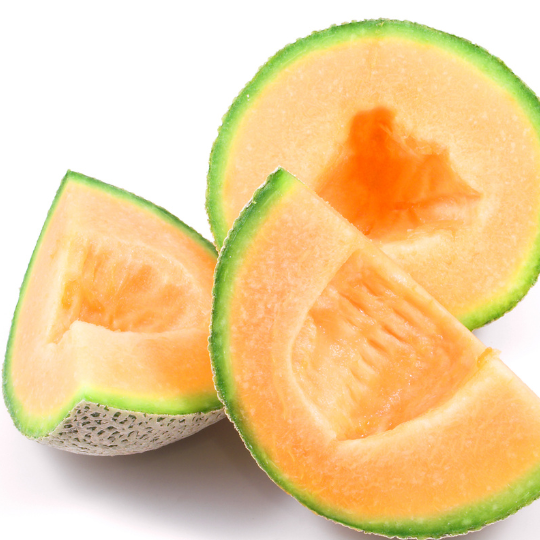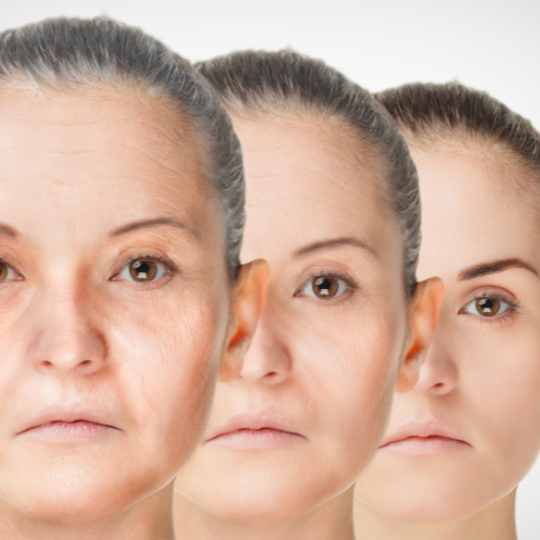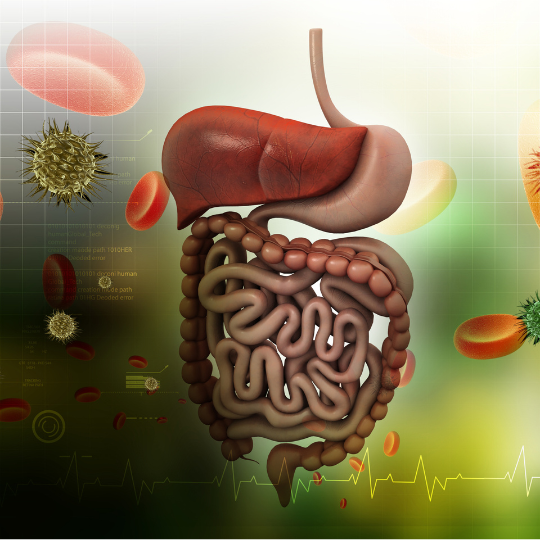Enter CH3
Methylation is a key biochemical process for creatine synthesis and genetic expression, via adding methyl groups (-CH3) to DNA. On the detoxification front, methylation involves the addition of a methyl group to toxins in phase 2 liver detox, which makes them more water-soluble and easier to eliminate from the body. These processes are facilitated by enzymes known as methyltransferases, a family of enzymes that transfer a methyl group from one molecule to another. They are involved in a variety of biological processes, including DNA methylation, protein modification, and detoxification.
The methylation process is essential, as it helps remove toxins from the body and protects against the harmful effects of oxidative stress. However, it can also have negative consequences if it is not properly regulated. For example, excessive methylation can lead to a build-up of toxic intermediates, while insufficient methylation can impair the detoxification process. Like with most of biochemistry, there is a methylation sweet spot.
Types of methyltransferases
There are several different types of methyltransferases that are involved in the detoxification process, including catechol-O-methyltransferase (COMT), S-adenosylmethionine (SAMe)-dependent methyltransferases, and flavin adenine dinucleotide (FAD)-dependent methyltransferases:
- COMT is responsible for the methylation of catecholamines, such as dopamine, norepinephrine, and epinephrine
- SAMe-dependent methyltransferases are involved in the methylation of amines, such as histamine and serotonin and can impact neurological health
- FAD-dependent methyltransferases are involved in the methylation of a variety of compounds, including drugs, toxins, and hormones.

Genetics again
There are several genetic predispositions, or single nucleotide polymorphisms (SNPs), that can affect phase 2 methylation detox:
As mentioned above, COMT is an enzyme involved in the methylation of catecholamines, such as dopamine, norepinephrine, and epinephrine. The COMT gene has several SNPs that can affect the enzyme’s activity. For example, the rs4680 SNP has been associated with an increase in the activity of the enzyme and its ability to detoxify catecholamines. However, this increase may also lead to a decrease in the availability of these neurotransmitters, which can affect cognitive function and mood. Back to the methylation sweet spot.

HNMT (histamine N-methyltransferase) is involved in the methylation of histamine, a neurotransmitter involved in allergic reactions and inflammation. The rs2071414 SNP in the HNMT gene has been associated with an increase in the activity of the enzyme, leading to an increased ability to detoxify histamine. And in some situations this can actually be helpful.
NNMT (nicotinamide N-methyltransferase) methylates nicotinamide, a derivative of niacin that is involved in the metabolism of carbohydrates, fats, and proteins. The rs1051740 SNP may decrease NNMT’s activity, leading to an impaired ability to detoxify nicotinamide, which can further trigger increased oxidative stress levels.
Methylation Management
Adequate intake of nutrients that support methylation, such as folate, B vitamins, and SAMe should be primarily considered in any dietary regimen. And it goes without saying that reducing exposure to toxins and chemicals that can affect methyltransferases is a must. Then we have the regular health promoting levers: physical activity, stress management via meditation, yoga, or deep breathing and sleep. Only then should one also consider specific supplements appropriate to an individual’s genetic profile and health status, ideally by consulting a genetics healthcare professional.
At NutriFix, we tend to go after methylation toward the end of our genetic and metabolic optimization journey, but this is obviously individualized to each client. What about you? How do you methylate? And can you do it better?











